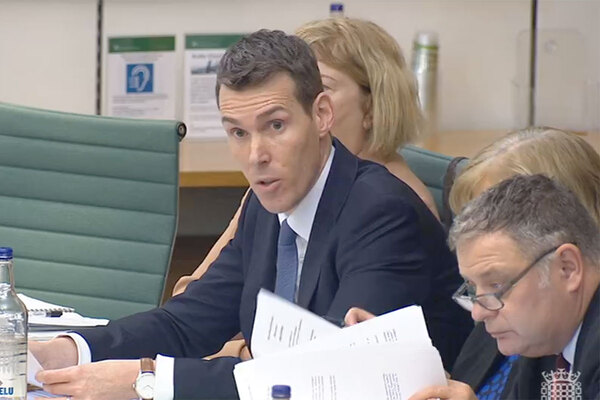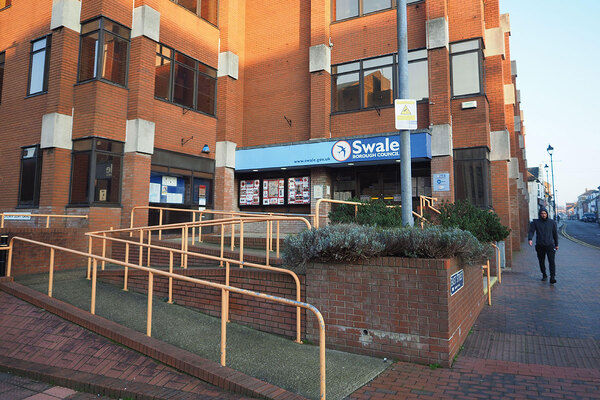Pathfinders told to explain regeneration delays
Housing market renewal pathfinders need to improve the way they explain delays in regeneration projects to residents, the Audit Commission has said.
In a series of reports on how each pathfinder has responded to changing market conditions wrought by the credit crunch, the watchdog criticised three pathfinders – Manchester Salford Partnership, Tees Valley Living and Transform South Yorkshire – saying they need to develop better ways of explaining delayed programmes to residents.
Its report on Manchester Salford Pathfinder praises the partnership for developing a ‘timely and accurate picture of what is happening on the ground’.
‘Regular reports are provided to pathfinder board members, the two city councils, housing associations, developers and other partners to keep them informed of emerging market trends,’ it states. ‘However, reports are not routinely shared with residents, and do not as yet appear on the MSP website.’
The commission recommends Tees Valley Living work with local authority and housing association partners to ‘more effectively communicate the reasons for delays in the new build programme across the intervention areas’.
Partners in Action Oldham and Rochdale also came in for criticism for not providing regular market reports on its website so that residents could easily understand the market conditions affecting the pathfinder’s work.
The reviews focused on the different approaches being taken by pathfinders to maintain momentum in the credit crunch. They made a number of recommendations per partnership, including closer relationships with lenders, examining the long-term implications of the credit crunch on their areas, and making the most of the Kickstart programme for new build projects.
Brendan Nevin, managing director at Merseyside pathfinder NewHeartlands, said: ‘Despite the difficult economic climate and through a lot of hard work with our partners, we have exceeded our targets and are still building homes, refurbishing houses and acquiring properties to meet the needs and aspirations of residents.’







